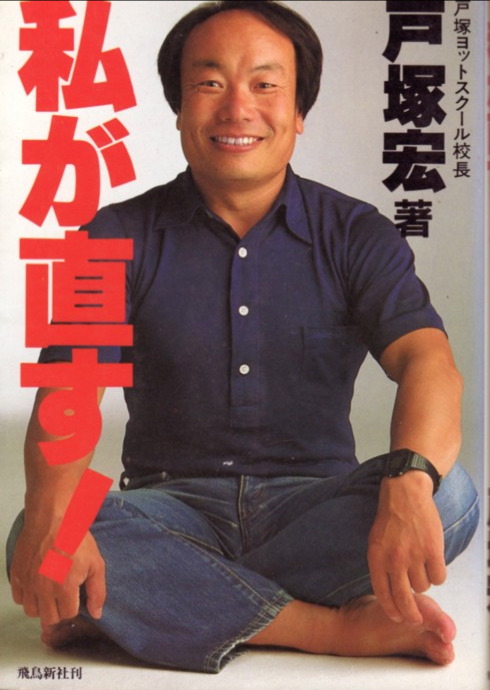 While mainstream education has received ample attention from scholars of Japan, the diverse kinds of private institutions concerned with the rehabilitation of so-called ‘problem youth’ have not hitherto been subjected to systematic analysis. This article offers an in-depth study of two starkly contrasting organizations, the Totsuka Yacht School and K2 International. We focus on the rehabilitation philosophies of these groups and examine how they view ‘problem youth’; the remedies they advocate; the critical incidents they have been implicated in; and how they have responded in their aftermath. These two organizations epitomize two important opposing paradigms of rehabilitation: one ‘disciplinarian’ and one ‘accommodating’, and therefore reflect different moral discourses regarding youth and the problems they face. Analysis of these groups illustrates how they are being challenged by current social and educational trends, but also how, as local actors, the charismatic leaders of these institutions also play a significant role in shaping the discourse. This study is among the first to map out the complex terrain of residential rehabilitative institutions in Japan. It also raises questions for educators regarding the meaning of ‘non-formal’ or ‘alternative’ education, helps youth specialists better understand the diversity of approaches employed in dealing with ‘problem youth’, and will be of interest to non-Japan scholars seeking evidence of approaches to rehabilitation which do not solely attempt to ‘medicalize’ youth as being ‘ill’ or to ‘activate’ them in order to return them to the labor market.
While mainstream education has received ample attention from scholars of Japan, the diverse kinds of private institutions concerned with the rehabilitation of so-called ‘problem youth’ have not hitherto been subjected to systematic analysis. This article offers an in-depth study of two starkly contrasting organizations, the Totsuka Yacht School and K2 International. We focus on the rehabilitation philosophies of these groups and examine how they view ‘problem youth’; the remedies they advocate; the critical incidents they have been implicated in; and how they have responded in their aftermath. These two organizations epitomize two important opposing paradigms of rehabilitation: one ‘disciplinarian’ and one ‘accommodating’, and therefore reflect different moral discourses regarding youth and the problems they face. Analysis of these groups illustrates how they are being challenged by current social and educational trends, but also how, as local actors, the charismatic leaders of these institutions also play a significant role in shaping the discourse. This study is among the first to map out the complex terrain of residential rehabilitative institutions in Japan. It also raises questions for educators regarding the meaning of ‘non-formal’ or ‘alternative’ education, helps youth specialists better understand the diversity of approaches employed in dealing with ‘problem youth’, and will be of interest to non-Japan scholars seeking evidence of approaches to rehabilitation which do not solely attempt to ‘medicalize’ youth as being ‘ill’ or to ‘activate’ them in order to return them to the labor market.


